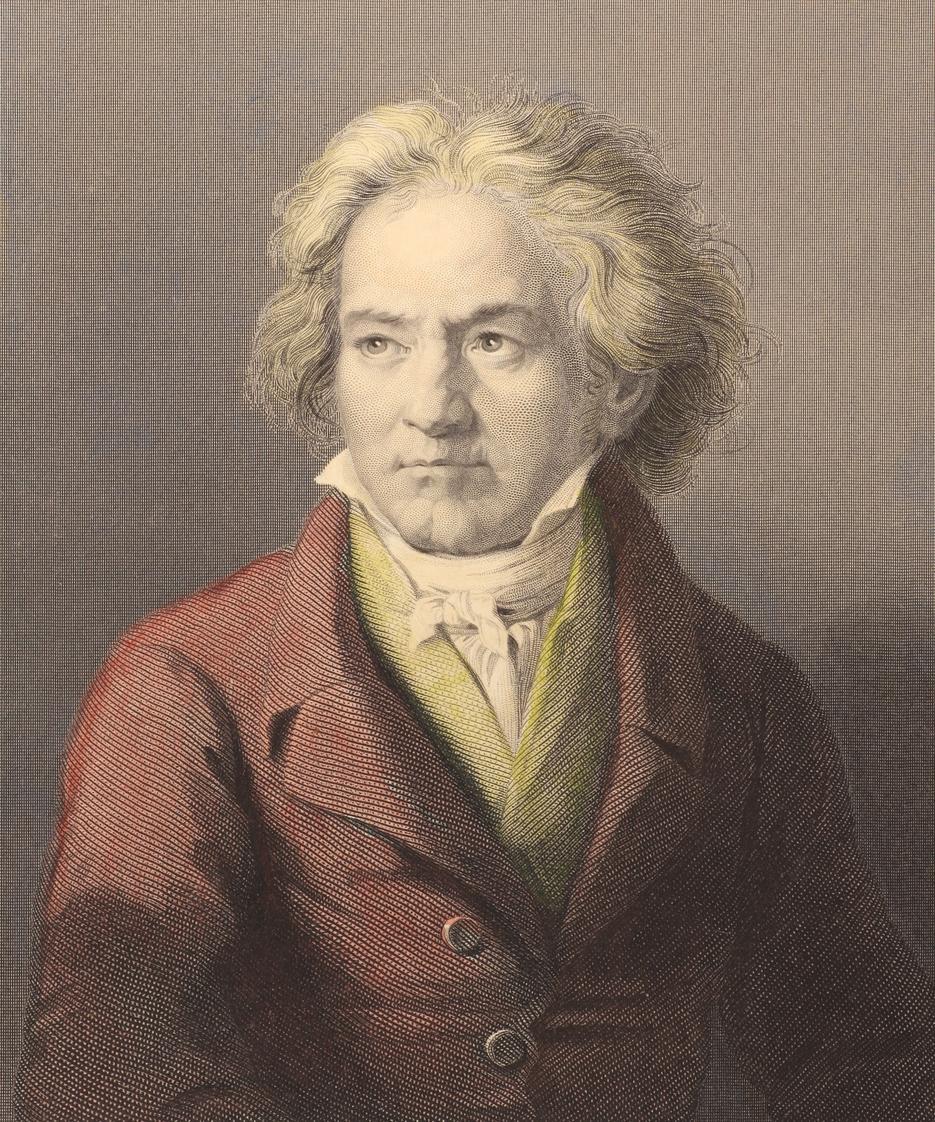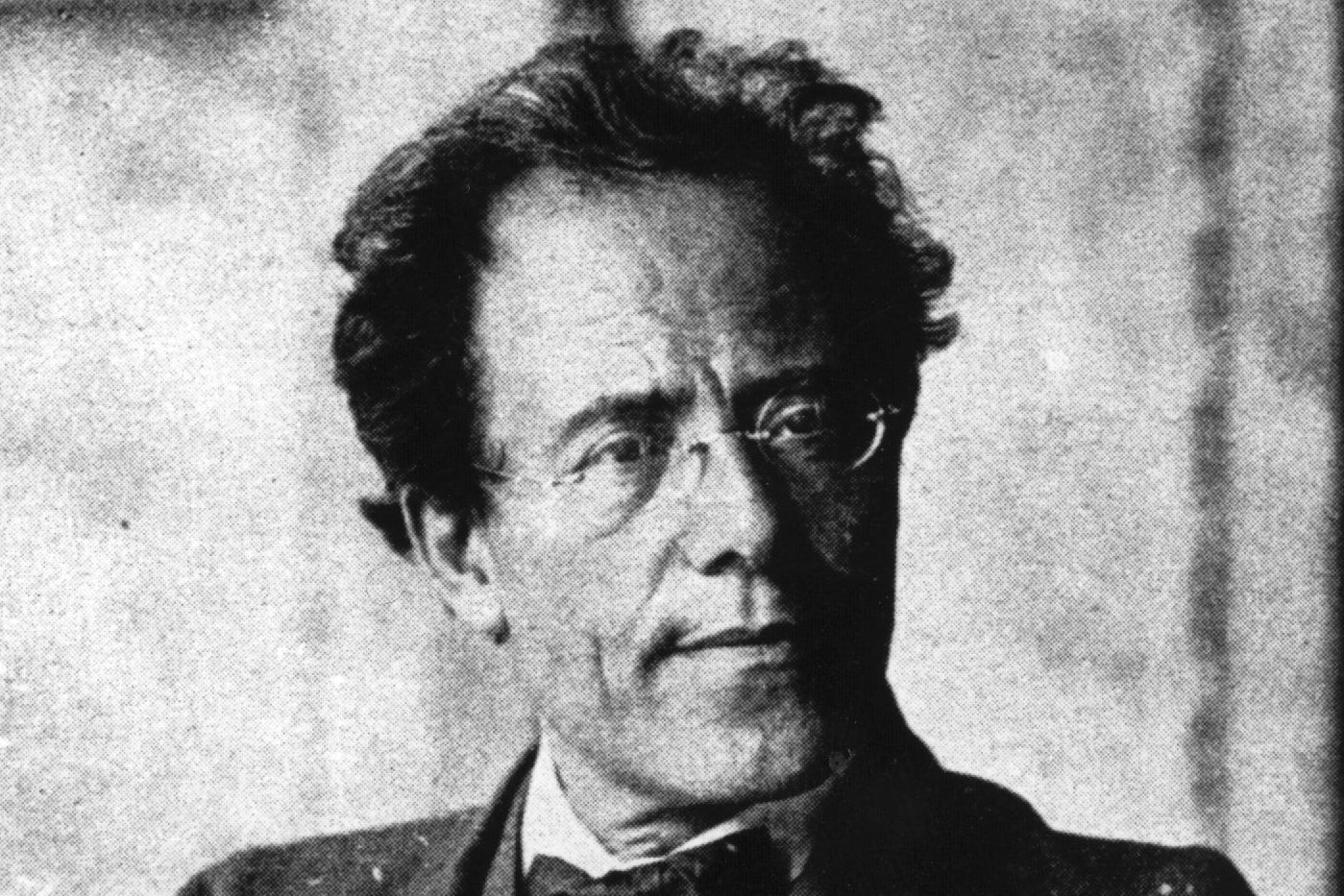Classical reviews: Beethoven and Mahler
Murray Perahia's Beethoven is pretty and sweet, while Sarah Connelly's rendition of Mahler's work is both persuasive and delicate. By Michael Church

Beethoven: Piano Sonatas Opus 106 ‘Hammerklavier’ and Opus 27 No 2 ‘Moonlight’
Murray Perahia, piano
Deutsche Grammophon 479 8353
★★★★★
It wasn’t Covid that caused the great American pianist Murray Perahia to cancel all his dates this year: he has long been plagued by an intermittent neurological hand problem which puts him out of action, and it did so again recently. So we should savour his shining gifts on CD, particularly this one of music by the composer of whose music he has made a particular study.
The "Hammerklavier" sonata, Perahia says, was Beethoven’s way of liberating himself from the depression in which he had been plunged in 1817, and that is how his performance feels, with the first, second, and final movements rushing exultantly along. I have never heard the opening Allegro sound so pretty, or its passage-work so sweet. Perahia doesn’t follow Beethoven’s impossible metronome marking: he takes it at a relatively gentle pace which allows him to bring out the movement’s many moments of beauty. The pulse of the Scherzo is rigorously even, but it has explosive energy; the sheer precision of the articulation in the finale is a pleasure, as he takes us boldly through its labyrinth of furiously contending ideas. Meanwhile, graced by his magic touch, the Adagio becomes an exquisitely serene meditation. Perahia’s account of the "Moonlight" is no less exemplary. He brings out the grave poetry of the Adagio, presents a relaxed and conversational Allegretto, and the finale has charm, rather than the factitious excitement with which many pianists imbue it.

Mahler: Das Lied von der Erde
Sarah Connolly, mezzo-soprano; Robert Dean Smith, tenor
Rundfunk-Sinfonieorchester Berlin, conducted by Vladimir Jurowski
Pentatone PTC 5186 760
★★★★★
Another musician we should particularly treasure at present is mezzo Sarah Connolly, who has been battling against cancer, so this excellent recording is a welcome new release. Shostakovich said that Mahler’s extraordinary Das Lied von der Erde would be his desert island work, and many others of us might say the same. It’s a symphony in all but name, with its poetic texts drawn from an ancient Chinese source, translated by Hans Bethge, and then reworked by Mahler himself. The final movement, entitled Der Abschied – "farewell" – is the core of the work. As Vladimir Jurowski writes in his liner note, "The protagonist… is aware of the approach of death, and consciously unties all the knots that connect people with life, love, passion, friendship, duty… Death here is neither a tragic nor a heroic event: it is more of a transition, an active departure from the world of the living." Sarah Connolly’s voice rings out over the dark sounds of low woodwind and brass with gorgeous persuasiveness and delicacy.
Join our commenting forum
Join thought-provoking conversations, follow other Independent readers and see their replies
0Comments